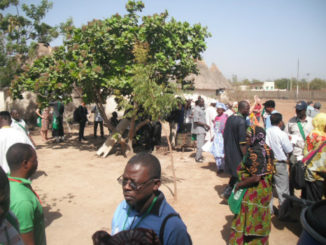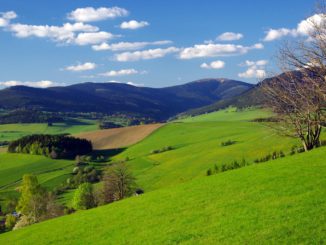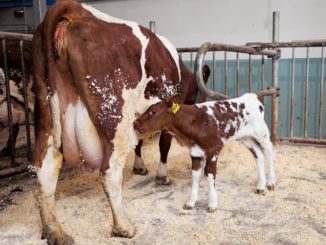Many, though not all, of the substantive aspects of CAP reform are completed. This includes an explicit legal article – Article 30 – supporting organic farming in the European Agricultural Fund for Rural Development (EAFRD) regulation. So where does this leave organic farming? And what will the period 2014-2020 bring?
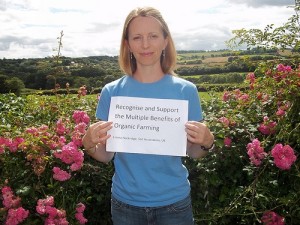
According to the UK’s Soil Association: “Previously, organic farming has been included as one element in agri-environment schemes. The new shape of CAP for 2014 to 2020 also specifically supports organic farming in Pillar 1, recognising it as ‘green by definition,’ and being able to deliver many important benefits.”
However on the ground, the situation is still not as clear as it might be, because of broader funding uncertainties and variable national obligations.
Christopher Stopes, President of IFOAM EU Group, part of the ARC2020 network, has said “while the recognition of organic farms as ‘green by definition’ is a good step to acknowledge their pioneering role in sustainability, the agreement also includes a questionable equivalence principle and exemptions for low-level agri-environmental practices which empty the greening of all substance.”
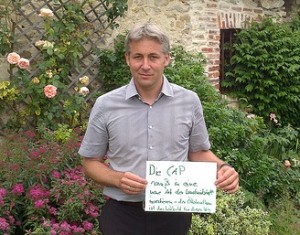
The all important Pillar 2 funding is key, according to the President of the German organic farmers’ association Bioland – Jan Plagge. “The few positive moves – such as increased investment support connected to organic farming and agri-environment-climate schemes, a clear message that new Innovation Partnerships must support a transition to agro-ecological approaches, and the introduction of an extra article governing support schemes for organic farming – can only have an impact if there is significant funding allocated to Pillar 2,” he says.
He continues “the possibility for Member States to spend major parts of the budget for insurance schemes and other measures without any positive impact on sustainability further undermines the potential for Pillar 2 to promote the shift towards sustainable farming.”
Ominiously, while money can be sent from Pillar 1 to Pillar 2, the reverse can happen too.
There is still then, much to play, or perhaps fight for, in terms of support for Pillar 2 in general and organic farming in particular.
For more on the organic movement see Oliver Moore’s blog which hosts almost 400 articles, mostly on organic farming and food.



